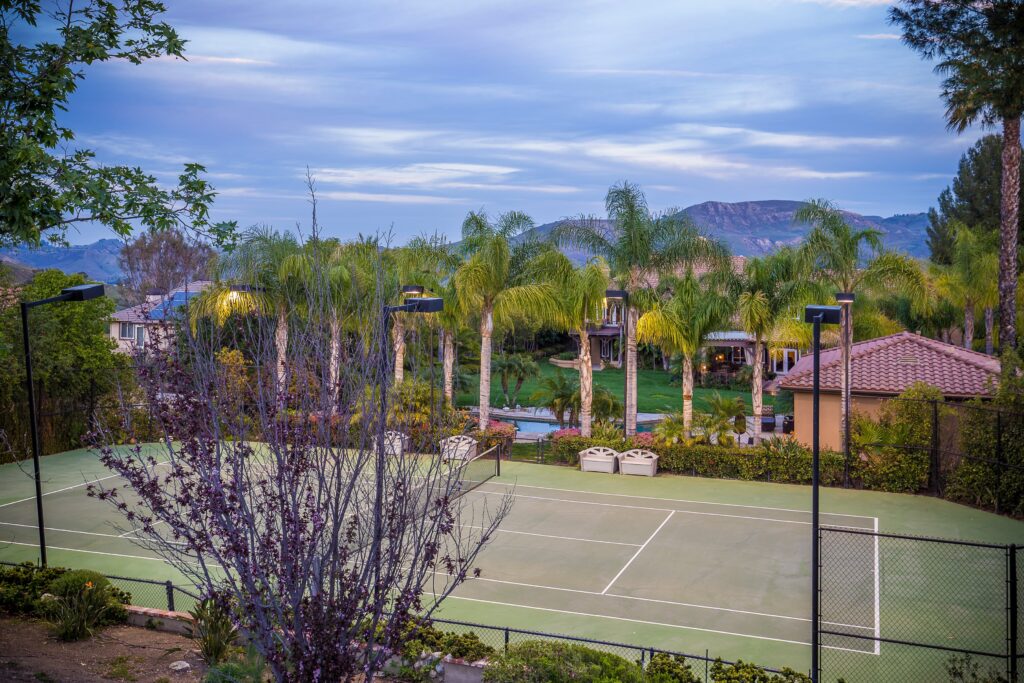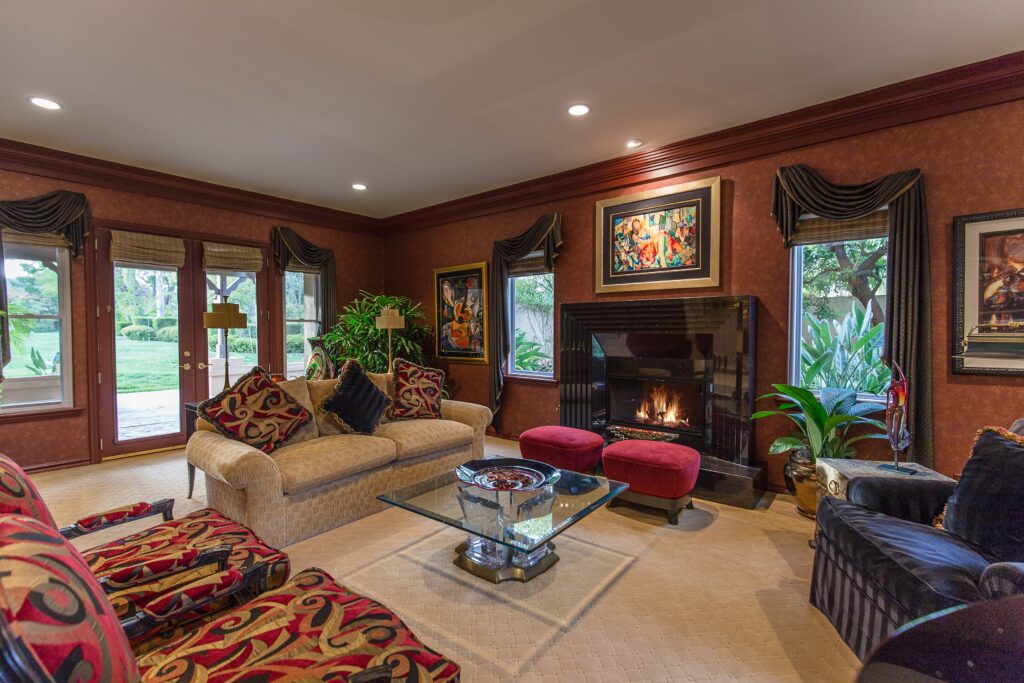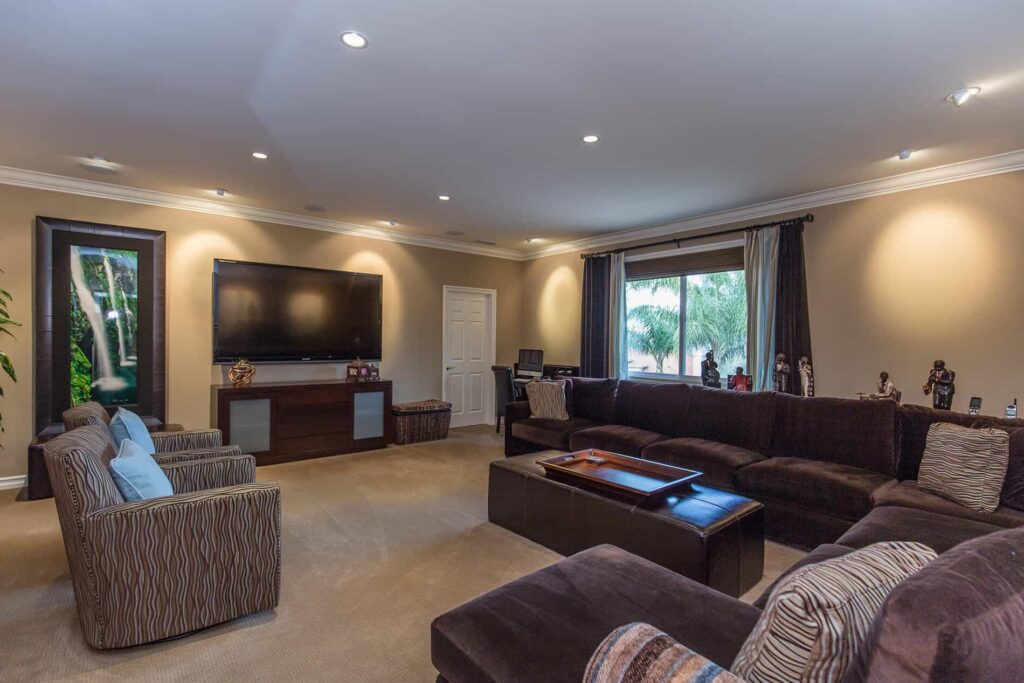Home » Treatment for Teens » RAD Treatment Centers
Reactive Attachment Disorder Treatment
Our reactive attachment disorder treatment can help your teen develop healthy relationships with caregivers and others.
Contact Hillcrest Adolescent Treatment Center today to learn more.
Home » Treatment for Teens » RAD Treatment Centers
Reactive Attachment Disorder Treatment
Our reactive attachment disorder treatment can help your teen develop healthy relationships with caregivers and others.
Contact Hillcrest Adolescent Treatment Center today to learn more.

Helping Your Child Heal, One Step at a Time
Parenting a child with Reactive Attachment Disorder (RAD) can feel overwhelming and isolating, but you don’t have to face it alone. At Hillcrest Adolescent Treatment Center, we specialize in providing compassionate, evidence-based care tailored to the unique needs of adolescents ages 12–18. Our secure, structured environment and expert staff are here to support your family through every step of the healing journey, helping your child build healthy relationships and regain trust.
Contact us today to learn more about our teen mental health treatment centers.
Understanding Reactive Attachment Disorder
Reactive Attachment Disorder is a condition that arises when a child does not form a secure emotional bond with their primary caregivers during early childhood. This can result in significant challenges in trust, emotional regulation, and relationships. Adolescents with RAD may struggle to connect with family members, peers, or authority figures, often displaying behaviors that stem from fear, insecurity, or past trauma.
At Hillcrest, we understand that RAD is not a reflection of your parenting but rather a result of circumstances beyond your control. We are here to provide guidance, support, and effective treatment to help your child develop the healthy attachment patterns they need to thrive.
Signs and Symptoms of Reactive Attachment Disorder
Recognizing the signs of RAD is the first step toward helping your child heal.
Symptoms can vary but may include:
- Difficulty trusting others: Your child may appear wary of forming close relationships.
- Emotional withdrawal: They may avoid physical or emotional closeness, even with family members.
- Aggressive or defiant behavior: Acting out can be a way for them to mask their fear or insecurity.
- Lack of empathy: A child with RAD may struggle to understand or respond to others’ emotions.
- Resistance to comfort: They might reject nurturing gestures or physical affection.
- Hypervigilance: They may always seem on edge, as if anticipating harm.
If you’ve noticed these behaviors in your adolescent, seeking Reactive Attachment Disorder Treatment early can make a meaningful difference in their emotional and relational development.
When to Know Treatment is Needed
Hillcrest Adolescent RAD Treatment Center is equipped to meet your child where they are, offering hope and tangible solutions tailored to their needs. Every child’s journey is different, but certain signs indicate professional help may be essential.
- Disruption in daily life: If your child’s behaviors interfere with school, friendships, or family dynamics, treatment may be necessary.
- Persistent emotional struggles: Signs of depression, anxiety, or low self-esteem may accompany RAD and require attention.
- Unsuccessful interventions: If previous strategies or therapies haven’t yielded results, a comprehensive approach like ours could be the answer.
- Family strain: RAD doesn’t only affect the child; it can also impact the entire family. A structured program can provide the tools your family needs to heal together.
When to Know Treatment is Needed
Hillcrest Adolescent Treatment Center is equipped to meet your child where they are, offering hope and tangible solutions tailored to their needs. Every child’s journey is different, but certain signs indicate professional help may be essential.
- Disruption in daily life: If your child’s behaviors interfere with school, friendships, or family dynamics, treatment may be necessary.
- Persistent emotional struggles: Signs of depression, anxiety, or low self-esteem may accompany RAD and require attention.
- Unsuccessful interventions: If previous strategies or therapies haven’t yielded results, a comprehensive approach like ours could be the answer.
- Family strain: RAD doesn’t only affect the child; it can also impact the entire family. A structured program can provide the tools your family needs to heal together.

Causes of Reactive Attachment Disorder
Understanding the underlying causes of RAD can help you better support your child.
Common contributing factors include:
- Early childhood neglect: A lack of consistent caregiving in infancy can disrupt attachment development.
- Trauma or abuse: Experiences of physical, emotional, or sexual abuse can lead to RAD.
- Frequent changes in caregivers: Foster care, adoption, or other disruptions in caregiver relationships may contribute.
- Prolonged hospitalization: Extended separation from caregivers during critical developmental periods can have lasting effects.
At Hillcrest, we work to uncover and address the root causes of RAD, helping adolescents heal from past experiences and build a stronger future.
Causes of Reactive Attachment Disorder
Understanding the underlying causes of RAD can help you better support your child.
Common contributing factors include:
- Early childhood neglect: A lack of consistent caregiving in infancy can disrupt attachment development.
- Trauma or abuse: Experiences of physical, emotional, or sexual abuse can lead to RAD.
- Frequent changes in caregivers: Foster care, adoption, or other disruptions in caregiver relationships may contribute.
- Prolonged hospitalization: Extended separation from caregivers during critical developmental periods can have lasting effects.
At Hillcrest, we work to uncover and address the root causes of RAD, helping adolescents heal from past experiences and build a stronger future.

Tour our RAD Treatment Centers
Your child’s well-being is our top priority. At Hillcrest Adolescent Treatment Center, we are committed to helping your family find hope and healing through our specialized Reactive Attachment Disorder Treatment program.
Take the first step today by scheduling a consultation with our admissions team. Contact us to learn more about how we can help your child build the skills and confidence they need for a brighter future.
Our Approach at the Hillcrest RAD Treatment Center
At our Hillcrest Adolescent RAD Treatment Center, we take a personalized and compassionate approach to Reactive Attachment Disorder Treatment. Recognizing that no two adolescents experience RAD in the same way, we focus on individualized care that meets your child’s unique needs. By combining evidence-based therapies, holistic interventions, and strong family involvement, we create a nurturing space where your child can heal, rebuild trust, and thrive.
1. Secure and Nurturing Environment
Healing begins with safety and security. At Hillcrest, we provide a structured yet warm and welcoming environment designed specifically for adolescents. Our state-of-the-art facility includes private and shared therapeutic spaces where your child can feel at ease. From calming therapy rooms to engaging recreational areas, every aspect of our campus is thoughtfully designed to foster emotional and physical well-being.
We also emphasize emotional safety by ensuring your child feels supported and respected at all times. Our therapeutic environment helps them open up, share their feelings, and begin to develop trust—essential building blocks for recovery from RAD.
2. Evidence-Based Therapies
The approach at our RAD treatment center is grounded in therapies that have been proven effective for addressing the unique challenges of Reactive Attachment Disorder. Each therapy session is led by experienced professionals who adapt their methods to meet your child’s evolving needs.
Some of the modalities we use include:
- Attachment-Based Therapy: This specialized therapy focuses on rebuilding the ability to form healthy relationships by addressing past disruptions in attachment and teaching trust-building skills.
- Trauma-Focused Cognitive Behavioral Therapy (TF-CBT): TF-CBT helps your child process and heal from the trauma underlying their RAD. It also provides them with tools for managing emotions and navigating relationships more effectively.
- Family Therapy: Because RAD impacts the entire family, we prioritize family therapy to rebuild bonds, improve communication, and help caregivers better understand their child’s needs.
- Group Therapy: Peer support is an integral part of the healing process. In group sessions, adolescents connect with others facing similar challenges, reducing feelings of isolation and learning from shared experiences.
3. Holistic Support
At Hillcrest, we recognize that true healing goes beyond traditional therapy. Our holistic approach ensures that your child’s emotional, mental, and physical health are all addressed.
Some of the interventions we offer include:
- Mindfulness Practices: Guided mindfulness sessions teach adolescents how to stay present, manage anxiety, and develop self-awareness.
- Art Therapy: Expressive outlets such as painting, drawing, and sculpture allow your child to express emotions they may struggle to articulate verbally.
- Recreational Activities: Activities such as yoga, hiking, outdoor therapy, and team sports promote resilience, encourage social connection, and foster a sense of accomplishment.
These holistic practices not only enhance therapeutic outcomes but also give your child new tools for self-expression and stress management.
4. Family Involvement
We understand that the family plays a crucial role in a child’s recovery. At Hillcrest, we work closely with caregivers to ensure they feel empowered and equipped to support their child’s progress.
Family involvement includes:
- Structured Family Therapy: These sessions address relationship dynamics and create a foundation for healing and mutual understanding.
- Psychoeducation: Caregivers learn about Reactive Attachment Disorder, its causes, and effective parenting strategies to use at home.
- Supportive Guidance: Our team provides ongoing support and resources for parents, helping you navigate the challenges of RAD with confidence.
By prioritizing family healing, we aim to strengthen bonds and create a stable environment where your child can continue to grow.
5. Experienced and Compassionate Staff
The heart of Hillcrest is our dedicated team of professionals. Our multidisciplinary staff includes licensed therapists, psychiatrists, educators, and support staff, all of whom are experts in adolescent mental health. They bring years of experience and specialized training to the treatment of Reactive Attachment Disorder.
What truly sets our team apart is their compassion. Every staff member is committed to creating a supportive, understanding, and empathetic environment where your child feels seen, valued, and safe. From the first moment of care, we work to build trust and establish a positive therapeutic relationship that helps your child succeed.












